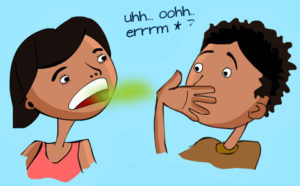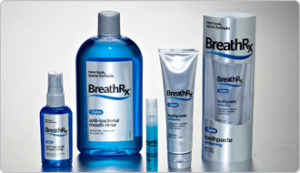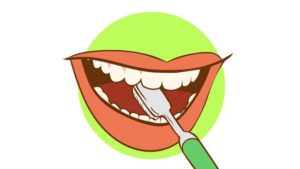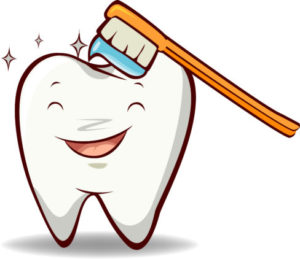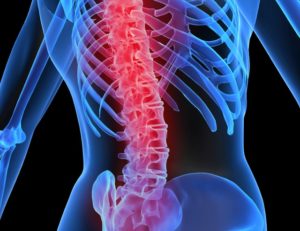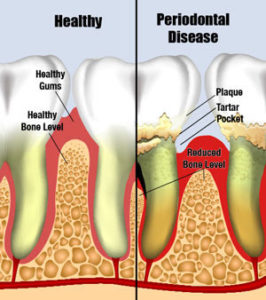Your dental problems are often caused by the lack of discipline, poor dental hygiene, and the likes. But in some cases, your body might be setting you up for cavities and other oral health problems without you even knowing it. In fact, a lot of your activities might be leading you to tooth decay without you knowing it.
It’s quite hard to process that your own body is sabotaging your dental health; but these are a few ways that body function changes and our lifestyle contribute to putting you at risk of dental problems.
PUBERTY. We all went through this awkward and sometimes weird phase of our lives with more moments of freaking out and thousands of questions that you can’t voice out. During these years, hormone levels change and physical changes happen almost all at the same time all over the body. As if making friends and practicing your social skills aren’t challenging enough, your dental health has more surprises that get you off guard. Puberty gingivitis is a real condition that affects some women during puberty. The high levels of estrogen and progesterone cause your gums to be more sensitive and bleed easily when irritants like plaque come into contact. Brushing and flossing can cause the gums to get swollen and even bleed that make most teens do not clean their teeth thoroughly which worsens the gum disease. Fortunately, a thorough cleaning from your 24 hour dentist Los Angeles and a dental care routine will keep this gum problem at bay. This will clear up easily when you follow your dentist’s advice.
BIRTH CONTROL PILLS. Sex hormones play a role in the changes that directly affect your dental and oral health. Increased production of estrogen during pregnancy or your periods stimulate the blood flow in your gums making it more sensitive making it tender, swollen, and more likely to bleed. This makes you more prone or at a high risk for periodontal disease. Contraceptives are simple yet good examples of products that raise your hormone levels as it is used to prevent pregnancy. This is one of the reasons why contraceptives affect your dental health.
HOT BEVERAGES. Drinking a cup of coffee or hot cocoa on cold nights comes as naturally because of habits and lifestyle demands. The cold weather makes you want to drink these warm drinks but something as simple as a hot beverage, too, can cause you dental problems. These drinks can damage your teeth and may vary in severity based on some factors and the drink’s sugar content. It would be best to drink water in between sips to wash away sugar and acids from your favorite drink. You can also opt for beers but on regular consumption.
Gum disease and other dental problems are preventable. Your dentist can only do so much. The key to avoiding them is ultimately up to you. Your dentist won’t be able to control your medical prescription choices, how often you brush and floss, and your lifestyle choices. Simple choices actually make a big difference in resolving and keeping your body from getting at risk for dental health problems. Dental care routine, when done consistently, keeps your teeth healthy and white.
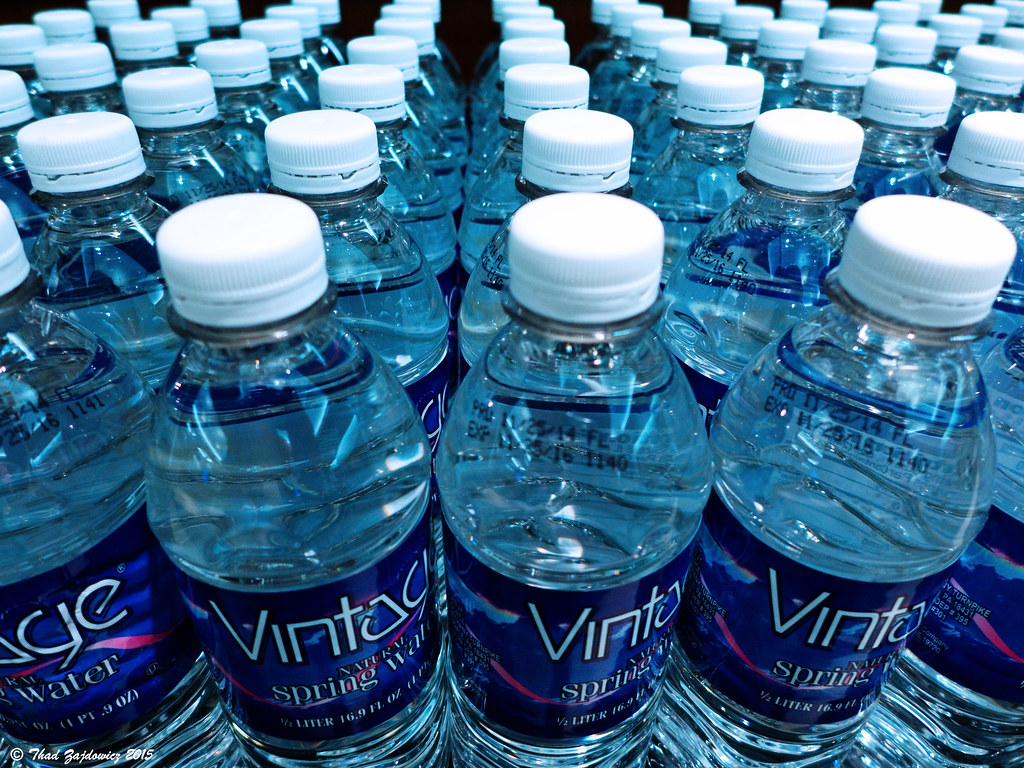

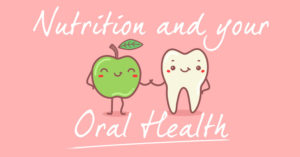


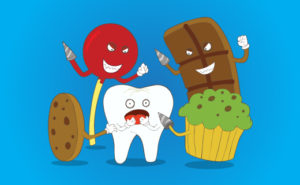

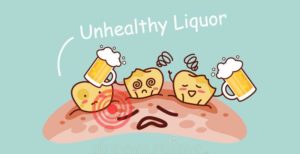
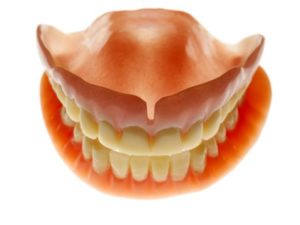
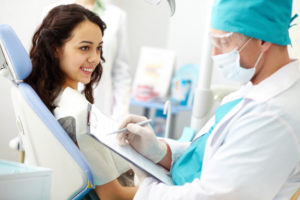
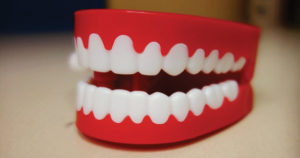
 Dental care is a continual and dual effort. To make everything work, your dentist needs your support and his, too. While brushing and flossing plays a vital role in your daily routines,
Dental care is a continual and dual effort. To make everything work, your dentist needs your support and his, too. While brushing and flossing plays a vital role in your daily routines, 
